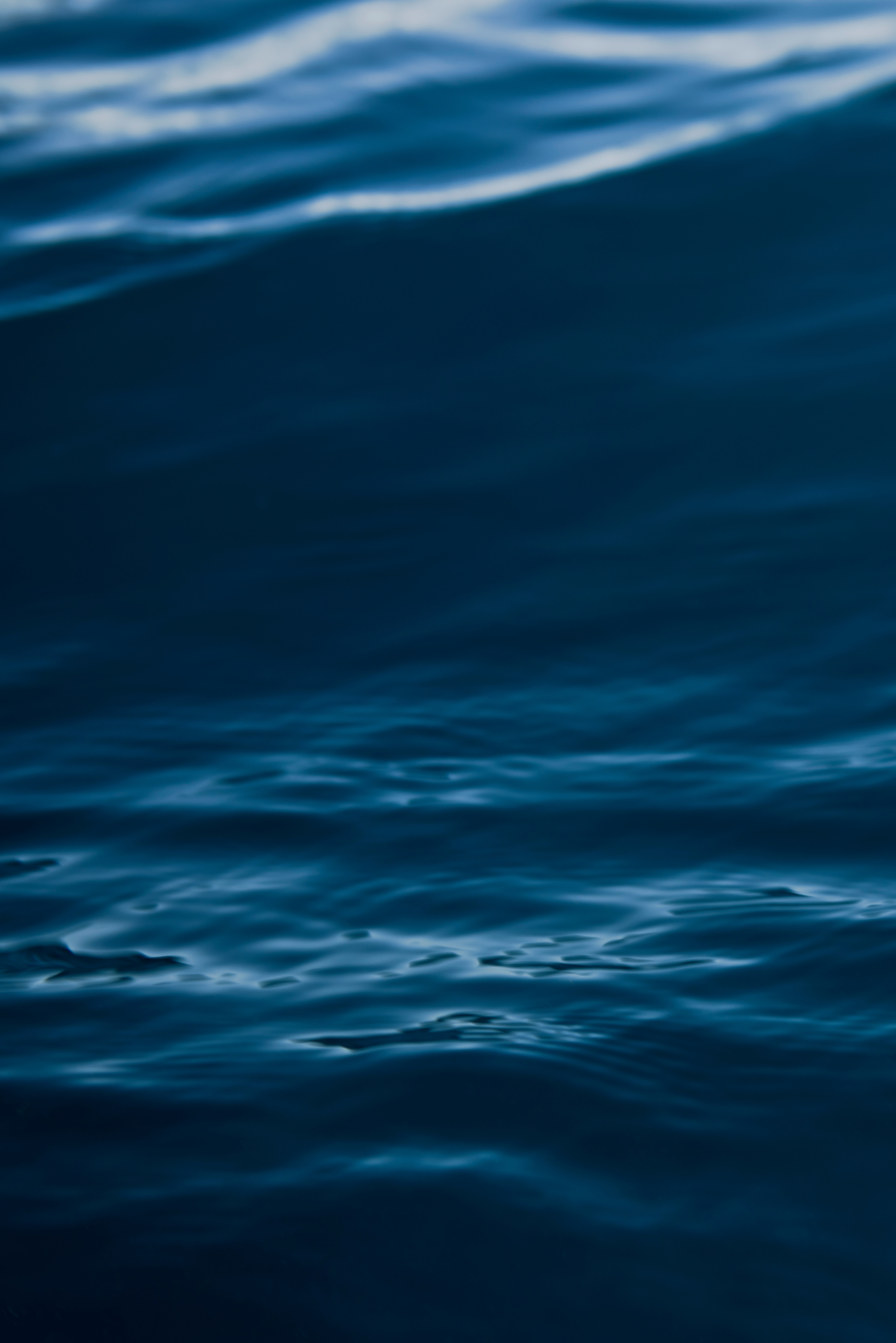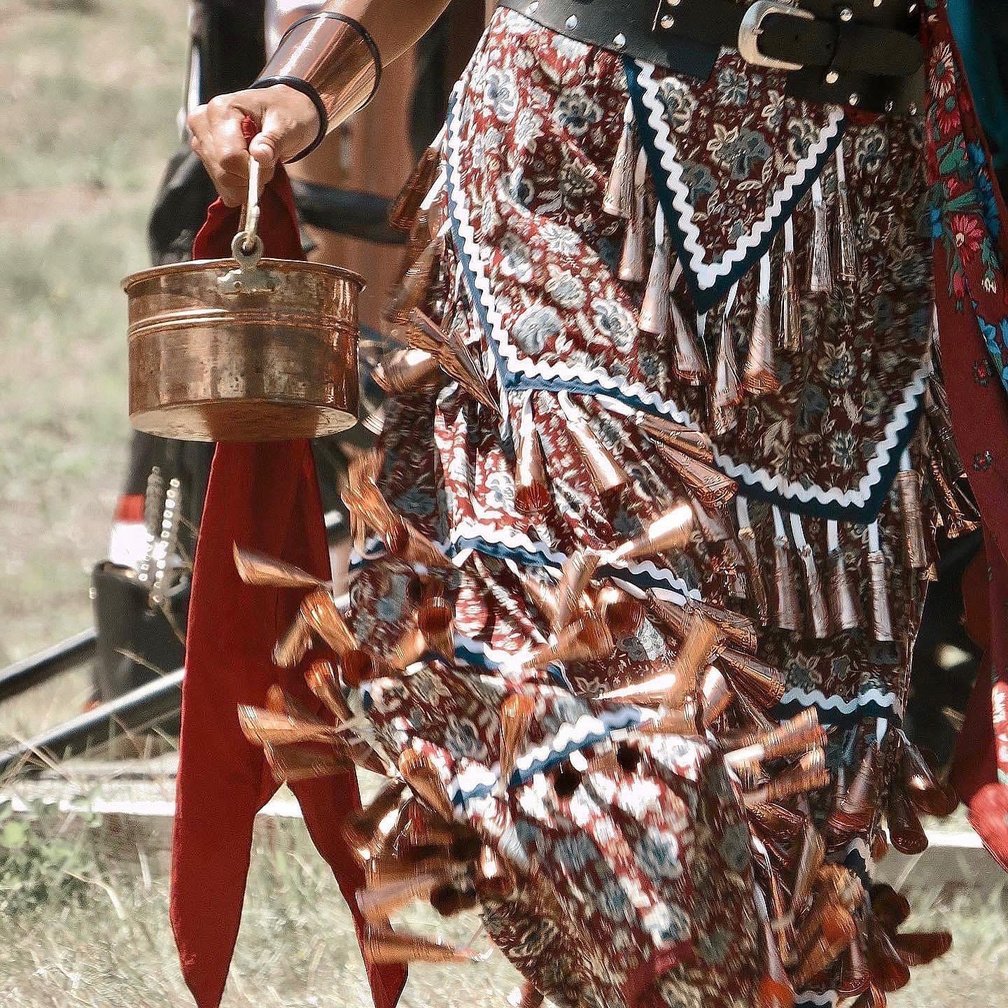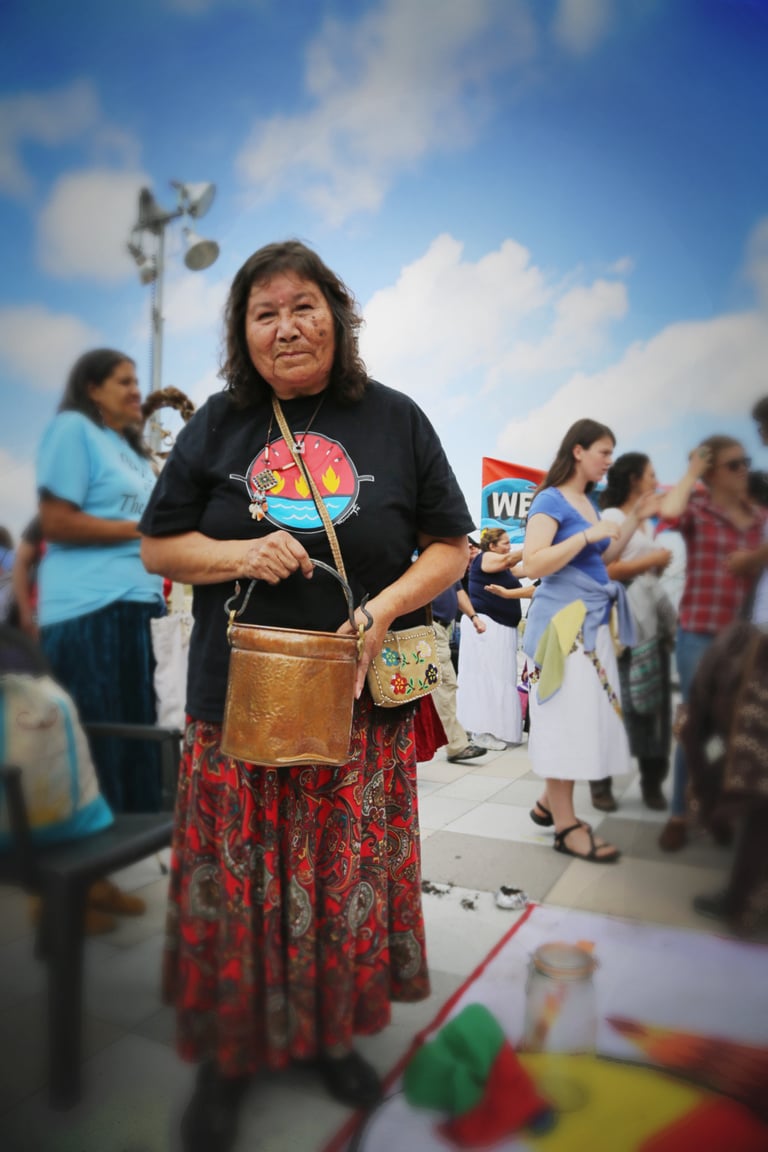
Water is life. Together we can protect the Great Lakes.
Nayaano Nibiimaang Gichigamiin Naaknigewin
Great Lakes Bill of Rights


The Personhood of Water
Water is life and has a spirit. In the face of climate change, it is more important than ever to guard the Great Lakes. Legislating personhood rights to bodies of water can help protect them from environmental harm through legal means for generations, ensuring access to clean drinking water for 40 million people in Canada and the US. Ensuring the integrity of the lakes is critical to preserving the Great Lakes as the largest surface freshwater system on the planet.
Water Rights as Reconciliation
A concrete step towards reconciliation is in the legal recognition of the Great Lakes as a legal person. It begins to align our obligations as Anishinabek with the legal frameworks of Canada and the United States.


History
Gokomis Josephine Mandamin-baa and the Anishinabek Nation Water Commissioners work centered around Anishinabek women's obligations to water, education and awareness of the Great Lakes and its waterways. Her life was spent protecting the Great Lakes; she founded the Mother Earth Walk and also helped establish the Great Lakes Guardians Council. Her great niece Autumn Peltier carries on her work today.
Resources
Think Global. Act Local.
Other jurisdictions across the planet are beginning to recognize water as having rights.
Indigenous peoples have been advocating for this recognition for years, and much of the research has been expressed in resolutions at the Anishinbek Nation, the Chiefs of Ontario, and the Assembly of First Nations.
Magpie River, Quebec, Canada
Great Lakes Bill of Rights, NY State
Whanganui River, New Zealand
Have more examples? Please send them in!

Contact Us
This initiative is sponsored by the Anishinabek Nation, but we welcome all organizations to join with us. If you are willing to become a partner, please contact:
Great Lakes Bill of Rights Team
water@anishinabek.ca